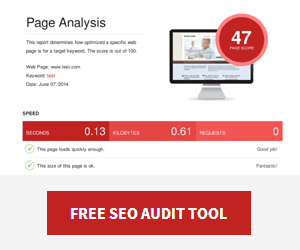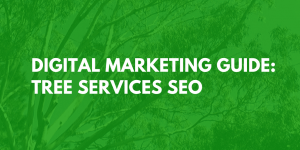 Online reputation management is essential for both individuals and companies that want to be taken seriously and experience any kind of online success. Imagine, for example, that a Google search for your company name leads to a number of online customer reviews. Whether the person searching finds themselves looking at positive or negative reviews can have a huge impact on the perception and credibility of the business in question. If online reputations are so important, exactly how can companies and individuals make sure that they are doing everything they can to maintain their credibility? The best way of doing this is to focus on the listings that appear on the first page of Google listings— i.e. the first ten entries that show I results when your name or brand name is entered as a search query in Google.
Online reputation management is essential for both individuals and companies that want to be taken seriously and experience any kind of online success. Imagine, for example, that a Google search for your company name leads to a number of online customer reviews. Whether the person searching finds themselves looking at positive or negative reviews can have a huge impact on the perception and credibility of the business in question. If online reputations are so important, exactly how can companies and individuals make sure that they are doing everything they can to maintain their credibility? The best way of doing this is to focus on the listings that appear on the first page of Google listings— i.e. the first ten entries that show I results when your name or brand name is entered as a search query in Google.
Just Focus on the First Page
While it is true that negative reviews could appear on page 3 search results, realistically, it is not worth spending your time on these results. 9 out of 10 Google users don’t make it past the first page of results and so it is that first page that you should be focusing on. A bad listing on page 1 is a serious issue that needs to be address, however, a bad listing on page 3 or 4, is not such a huge problem. And anyway, it’s really not possible to focus all of your defence methods on cleaning up your reputation across the whole of Google – the internet is just too vast for that and so you must prioritise. This doesn’t mean that you can stop consumers from posting negative reviews – each customer is entitled to his or her opinion. But you do have control over those reviews appearing on page 1 of search results, ensuring that they aren’t seen by too many people.
Controlling Page 1 of Google
Okay, you know that you need to control your search results that appear on Page 1, but how do you actually do that? This is easier said than done but there are some implementable techniques that can really help. Essentially, you should be creating positive content that gives a favourable brand impression, and then see to it that this positive content ranks well within Google. You shouldn’t expect the first ten Google listings to be glowingly positive if you haven’t written ten positive pieces of content. A good place to start is social media as social media pages often appear on the first page of Google results. Create LinkedIn, Facebook, Twitter, Vimeo, Instagram, and WordPress pages to try and push these pages on to Page 1. You should also seriously consider purchasing the online domains that correspond to your current domain. If you’re David Smith, get davidsmith.net, davidsmith.com, and so on. Publish content to some of these pages, but you should purchase them even if you don’t plan to use them for content. This will ensure that your name is under your control and your control only. By controlling those first ten Google listings, you will build a strong defensive wall that negative listings and unwanted content will have trouble getting through.


















No Comment
You can post first response comment.